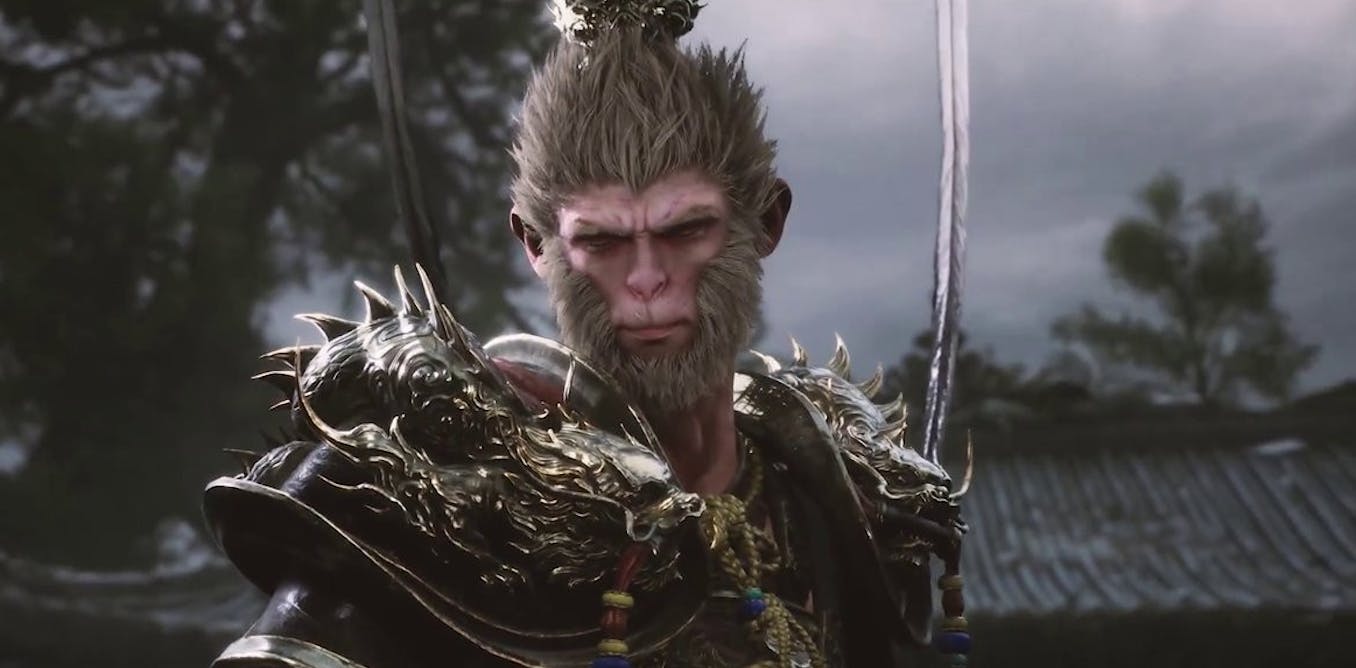by NARESH R. PANDIT, FENG WAN, & PETER WILLIAMSON,

The success of the Chinese AI firm DeepSeek shocked financial markets and major US tech firms in January 2025. But it shouldn’t have come as such a surprise.
Because, for decades now, plenty of companies in China have been developing competitive advantages that enable them to make remarkable progress. This involves a different strategy to that of many big western firms that rely on things like branding – like Apple – and exclusive technology – like Nvidia – to succeed.
Instead, these less well-known Chinese companies have focused on delivering more innovation faster and cheaper. And our research suggests that they have been able to achieve this by being much more adaptable in how they do business.
So DeepSeek may not be alone as a gamechanger. Here are four more Chinese firms looking to disrupt the global economy in a similar way.
1. DJI Innovations
DJI Innovations makes low-cost drones that produce aerial photography and videos. Founded in 2006 by Frank Wang (who became Asia’s youngest tech billionaire at the age of 36), the company develops camera technology and software as well as engineering drone systems used in industries including agriculture and defence. Its technology has been used in the filming of shows like Better Call Saul and Game of Thrones.
DJI’s cutting-edge research and development involves highly sophisticated automated assembly lines that make more for less cost. This has led to rapid international expansion and foreign partnerships, making the company a dominant player which is tough to compete against.
2. Unitree Robotics
A DJI Innovations spin-off founded in 2016, Unitree Robotics specialises in high-performance quadruped and humanoid robots, as well as components like robotic arms. These products incorporate artificial intelligence and have many applications in consumer and industrial markets.
But in a sector where progress can be slower than we might expect, Unitree’s rapid development cycles –from initial idea, through development and testing, to commercialisation – give it an edge over rivals. This cycle speed is achieved through highly digitised processes, and large highly skilled development teams, which place it ahead of many rivals.
For example, in 2024 one of the firm’s humanoid robots (already capable of soldering and cooking) set a new walking speed record of 3.3 meters per second. And in early 2025 the company’s robots performed a traditional Yangko dance alongside humans.
The Conversation for more
